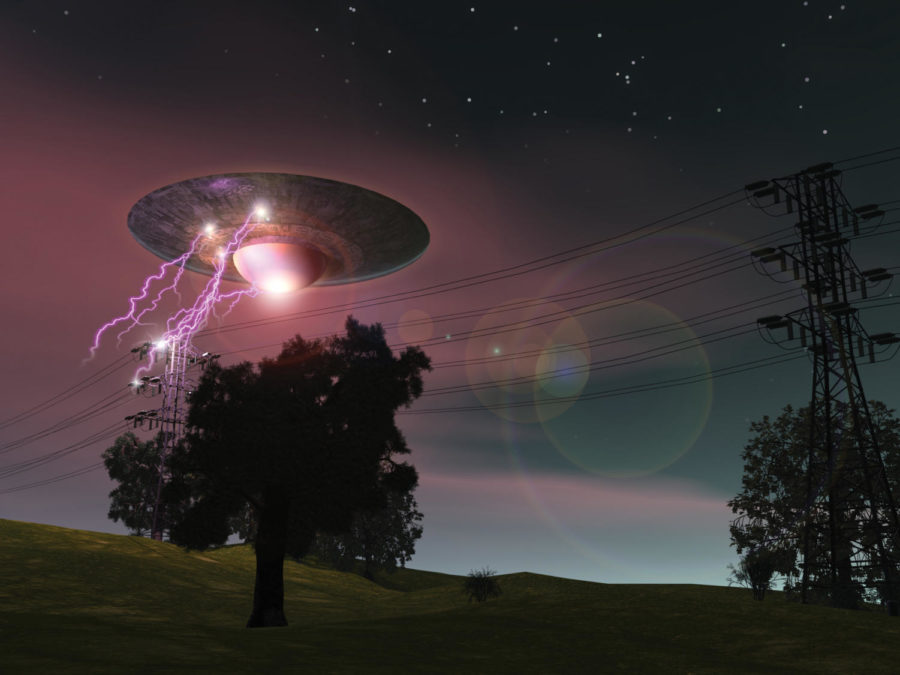Timberlake: The implications of first contact
Opinion: Timberlake 11/16
November 16, 2012
The universe in its grandeur is of an uncertain, possibly infinite size. Our universe is, at a minimum, 92 billion light-years in diameter. Alpha Centauri is our closest star system, at a distance of 4.25 light-years. Flying at the speed of light, 186,282 miles per second (yes, per second), it would take 92 billion and 4.25 years to travel those respective distances. The fastest humans have ever travelled is just a few thousandths of a percent of the speed of light.
As far as we know, it is impossible to travel as fast or faster than the speed of light, unless we find a way to alter space. Even at four times the speed of light, it would take a year to get to Alpha Centauri.
This in mind, it can be safely stated that any extraterrestrial life to come and visit us would likely be of supreme technological advancement and have just come to rest after an incredibly long journey — even if they were to come from the nearest star system, Alpha Centauri. The technological difference between humans and an alien species visiting us would be likened to us traveling to the moons of Jupiter and finding bacteria.
Hypothetically speaking, if the moons of Jupiter did in fact carry extraterrestrial bacteria, do you think that would stop us from harvesting resources from it that we have already expunged on Earth?
Discovering extraterrestrial life would be the single greatest discovery in human history, and probably the greatest we would ever make, aside from answering the question as to why we are here to begin with. I still don’t believe this would prevent us from harvesting resources of a planet/moon that contains life, given we were in need of those resources.
Now imagine the reasons for an alien species to arrive at Earth in the first place. I can really only think of two possible reasons. The first, they have discovered we are an inhabited planet and are their first contact as well, or, they are traveling throughout the universe in search of resources to continue their own existence.
Friends of mine have argued that these aliens might be supremely benevolent and have traveled great distance for the sake of friendship or even enlightenment. While I will entertain that possibility and not throw it out the window, the likelihood of that being the case is probably significantly less than the first two reasons I proposed.
In either of the two cases I gave above, it would be a bad day for Earth and its humanity if we were visited by extraterrestrials.
It is well known that creatures higher on the food chain, and with more brain power, require more energy and resources to function. The same will likely be true for an advanced alien species. Even if they have mastered renewable energy, it is still impossible to get a 100 percent return in energy. We would be decimated if aliens came for our resources. Whether they killed us first or simply took the resources, we would barely survive, if not die off completely.
An alien species that visits us because we are their first contact is likely going to wind up examining us like test subjects — and no, I don’t mean the anal probing kind. As stated above, it would probably be similar to my example of us finding bacteria on another world. Our likely intelligence difference to these visiting extraterrestrials is well compared by astrophysicist, Dr. Neil deGrasse Tyson, when he says, “We would be drooling, blithering idiots in their presence… Quantum mechanics would be intuited by their toddlers the way we intuit pasta collages.”
Tyson also suggests that we would be so insignificant in the presence of extraterrestrials this advanced that they might even fly on by without a care in the world (or in this case the universe), humans being none the wiser to their existence.
Regardless, I think I could safely say that I would prefer to be the ones to do the finding as opposed to the other way around.







